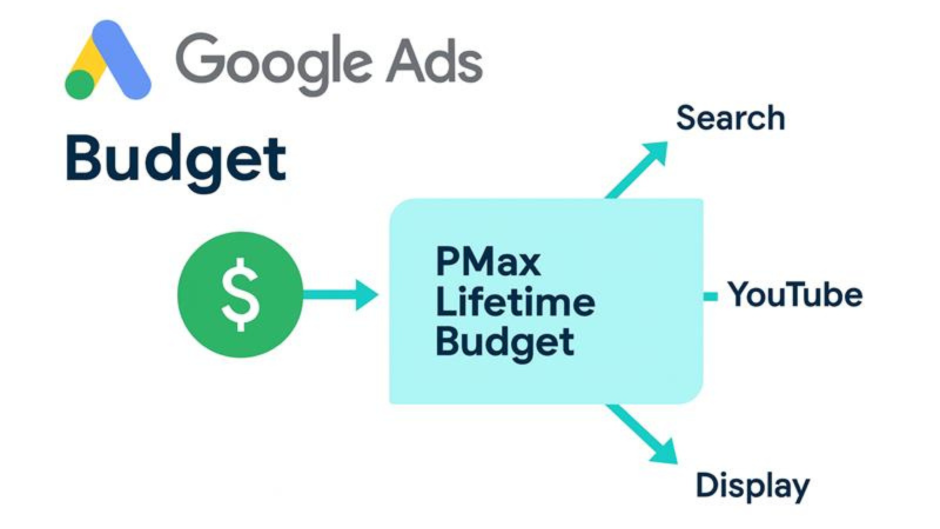
Mastering Local SEO: Improve Rankings and Drive Traffic for Clients
Did you know that 78% of mobile local searches result in an offline purchase? That’s a powerful statistic that highlights the importance of local SEO for businesses. In today’s digital world, simply having a strong online presence isn’t enough. To attract customers nearby and ready to engage, mastering local SEO is essential.
This blog will walk you through the key strategies to improve local search rankings, drive more foot traffic, and achieve real-world results for your agency and your clients. We’ll cover the importance of optimising Google Business Profile (GBP) and Bing Places for Business, creating locally relevant content, using hyper-local keywords, and much more. Whether you’re managing an agency portfolio or just looking to sharpen your local SEO skills, these strategies will help you stand out.
Claim and Optimise Google Business Profile (GBP) & Bing Places for Business
A well-optimised Google Business Profile (GBP) is crucial for your local SEO success. It’s the foundation of your visibility in local search results, giving your clients the chance to appear when users search for products or services nearby.
- Claim Your GBP: Ensure your client’s business is listed on Google. If they haven’t claimed it yet, they should do so immediately. Without this, they’re missing out on local traffic.
- Optimise Your GBP: Make sure all details (Name, Address, and Phone number) are correct and up to date. Google rewards businesses with complete, accurate profiles. Include business hours, a link to the website, and a clear description of services. Don’t forget to upload high-quality images of the business, products, or services.
- Bing Places for Business: While Google is the primary search engine, don’t overlook Bing. It has a smaller market share but still handles a significant number of searches. Claim and optimise your client’s profile on Bing as well to reach a wider audience.
At our white label agency, we always make sure our clients’ Google and Bing profiles are fully set up and regularly updated, helping them get better local visibility and, higher rankings.
Create Locally Relevant Content
Content is king, but when it comes to local SEO, it needs to be specific to the area. Writing blog posts or creating web content that resonates with the local community can significantly improve search rankings.
- Local Blog Topics: From experience, we’ve found that writing blog posts about local topics helps a business rank higher in local searches. For example, a cafe might write about “Best Coffee Shops in Sydney” or a landscaping business could cover “Best Plants for Melbourne Gardens.”
- Location Pages: If your client has locations in different cities or areas, each one should have its own page tailored to the local audience. These location pages can target local search queries more effectively.
We’ve seen how creating this type of content builds trust with both search engines and potential customers, establishing the business as a local authority in their industry.
Leverage Hyper-Local Keywords
Using hyper-local keywords (keywords targeting a specific geographic area) can dramatically improve local search rankings. The key here is relevance — your keywords must match the local intent of your audience.
- Using Google Keyword Planner and SemRush: We use tools like Google Keyword Planner and SemRush to find the best keywords. Google Keyword Planner gives us keyword volume and competition data, which helps us identify keywords that have high search volume but low competition. If Google Keyword Planner doesn’t show sensitive keywords, we turn to SemRush for deeper insights.
- Integrating Local Terms: When choosing keywords, make sure they fit the local language and phrases people use in the area. For example, people in Brisbane may search for “top hair salons in Brisbane,” while those in Sydney might search for “best hairdressers near me.”
Focusing on hyper-local keywords increases the chances that the business will show up in search results, especially for mobile users searching on the go.
Consistency in Name, Address, and Phone Number (NAP)
Consistency across the web is crucial when it comes to local SEO. If your client’s Name, Address, and Phone Number (NAP) are inconsistent across different websites or directories, Google may struggle to verify the business’s legitimacy or relevance for local searches.
- Use a Master List: We keep a master list of our clients’ NAP details and use it to check and update all listings, whether it’s on local directories, review sites, or social media.
- Automate Where Possible: Tools like Yext or Moz Local can help automate the process of checking and updating NAP details across multiple platforms. This saves time and ensures accuracy.
Leverage Local Reviews
Online reviews play a big role in local SEO. Reviews help search engines determine the quality and relevance of a business, and positive reviews can improve rankings.
- Encourage Reviews: We advise our clients to regularly ask their customers for reviews. A simple request via email, SMS, or in person can go a long way. We also recommend including a review link in email signatures or adding a “Leave a Review” call to action on their website.
- Respond to Reviews: It’s just as important to reply to the reviews your client receives. Responding to positive reviews shows appreciation, while addressing negative ones promptly helps maintain a positive reputation.
Local reviews build trust with customers, which can lead to higher rankings and more conversions.
Build Local Backlinks
Local backlinks (links from other local businesses or organisations) are a critical ranking factor for local SEO. When authoritative local websites link to your client’s site, it tells search engines that the business is credible and relevant to its area.
- Submit to Local Directories: We recommend submitting client websites to local business directories like Yelp, Yellow Pages, and local Chamber of Commerce websites. While some directories are paid, many are free, so it’s worth taking advantage of those.
- Sponsor Local Events or Collaborate with Local Influencers: Another effective way to gain local backlinks is by sponsoring local events, working with local influencers, or partnering with other businesses on promotions. These collaborations often result in high-quality backlinks from trusted local sources.
Mobile Optimisation is Non-Negotiable
More and more searches are done on mobile devices, so having a mobile-friendly website is essential. Google’s mobile-first indexing means the mobile version of a website is what gets prioritised in search rankings.
- Responsive Design: We ensure all our clients’ websites are mobile-friendly, with fast load times and easy-to-tap buttons on smaller screens.
- Use Testing Tools: Tools like Google’s Mobile-Friendly Test and Bing’s Mobile-Friendliness Tool are invaluable for checking mobile optimisation. These tools help us ensure the websites we work on are fully optimised for mobile users.
Implement Local Schema Markup
Schema markup is code added to a website that helps search engines understand the business and its services better. Implementing LocalBusiness schema is an effective way to enhance local SEO.
- LocalBusiness Schema: We recommend using LocalBusiness schema to provide search engines with more detailed business information, such as operating hours, payment methods, and services offered.
- Test Your Schema: After adding schema markup, we always test it with Google’s Structured Data Testing Tool to ensure it’s properly set up and can be recognised by search engines.
Winning at local SEO is about more than just ticking off a list of tasks. It’s about implementing consistent, data-driven strategies that boost visibility, attract more traffic, and produce measurable results. From optimising Google Business Profile to using hyper-local keywords and building local backlinks, every strategy plays a vital role in improving rankings.
As an agency, these strategies give you the chance to improve your clients’ local visibility while positioning your team as local SEO experts — a highly sought-after skill in today’s competitive digital landscape. By applying these techniques, you can help your clients achieve real-world results, higher online-to-offline conversions, and stronger brand recognition.
We’d love to hear about your experiences with local SEO. Have these strategies worked for you, or do you have other tips to share? Leave a comment below, and don’t forget to share this post with your network or subscribe to our newsletter for more insights!
Related Articles
Why Choose Us?
With decades of experience and a dedicated team, we are committed to delivering high-quality web development services. Our client-centric approach ensures that we understand your needs and provide solutions that exceed your expectations.








